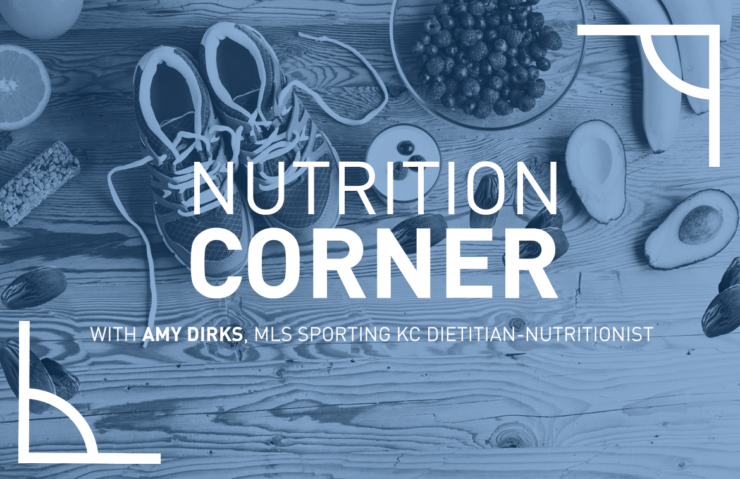We Know Our Readers Want Smart and Real Nutrition Advice for Soccer Players – that’s practical!
I remember when fettucini Alfredo and chicken was the dinner for soccer players the night before a big game or tournament. Once the popular pre-game meal for soccer players, new research in nutrition shows there are much better solutions!
There is a new, modern attitude on nutrition as Amy Dirks explains – check out: Amy Dirks Sports Nutrition.
For the elite youth soccer player, nutrition is a valuable tool for reaching peak performance. In fact, poor nutrition — eating at fast food joints before or after a soccer match — can hold you back from being your best on the field.
In a world of experts on nutrition, former MLS’ Sporting Kansas City sports performance dietitian Amy Dirks exemplifies the best of today’s approach to reaching peak performance with the help of sports science — with an intelligent, relevant and practical strategy, she creates a winning approach to showing players of all ages how smart nutrition makes a huge difference.
Dirks is a Registered Dietitian-Nutritionist with a background in Sports Nutrition and Wellness.
Also certified as a Strength and Conditioning Specialist and Personal Trainer, Dirks is well known for working with professional and elite youth soccer players. Most recently, she counseled numerous professional athletes during the 2017 and 2018 MLS season.

As SoccerToday’s new columnist, we wanted our readers to get to know Amy Dirks and we hope her insights will help you! Read Amy Dirks Column on Nutrition.
SoccerToday’s Interview with Amy Dirks on Nutrition for Soccer Players
Diane Scavuzzo: Do you think enough people take nutrition seriously? Or understand the impact nutrition can have?
Amy Dirks: At this point in time, I don’t think enough people take nutrition seriously but the reason for this is the way modern medicine works — as well as the lack of education and the confusion consumers experience via media outlets.
Doctors are really not taught nutrition in medical school nor is it taught in most public schools.
If nutrition courses are taught, it’s typically outdated information.
Nutrition is a huge component of our health, yet it is always at the bottom of the totem pole. It’s the first to be cut out of the budget and the last thing to be looked at typically when something is wrong.
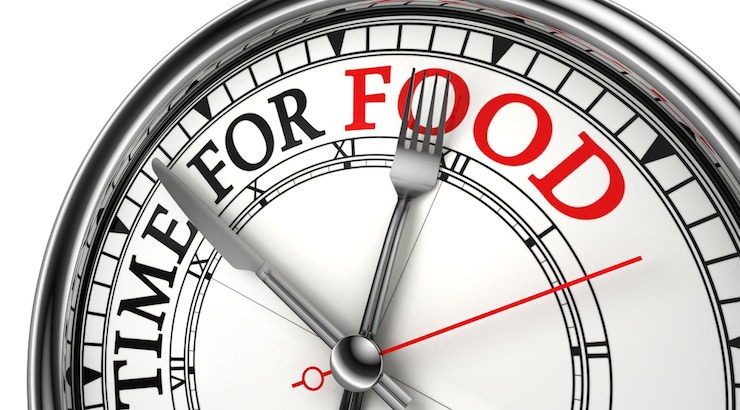
Nutrition should be at the forefront of prevention as well as treatment and recovery for any problem/issue or disease process.
However, those who do focus on nutrition actually FEEL the difference it makes. There is a real paradigm shift happening though as more people realize the benefits of nutrition.
Diane Scavuzzo: For elite soccer players, what impact can nutrition have?
Amy Dirks: Nutrition can create more years on the field for professional athletes. I don’t want to compare soccer to football but look at Tom Brady. He’s super into his diet, hydration, and recovery and he’s 40 years old and in a Super Bowl again.
Nutrition makes a huge impact on your energy levels during play, as well as your mental strength. Mental health is huge, especially for soccer.
Diane Scavuzzo: What’s the biggest mistake many athletes make?
Amy Dirks: Many athletes are making the mistake of fueling with the wrong types of carbohydrates.
In the past, the traditional foods for athletes were the peanut butter and jelly sandwiches, the pasta, and all the grains and breads — Now it’s changed so much.
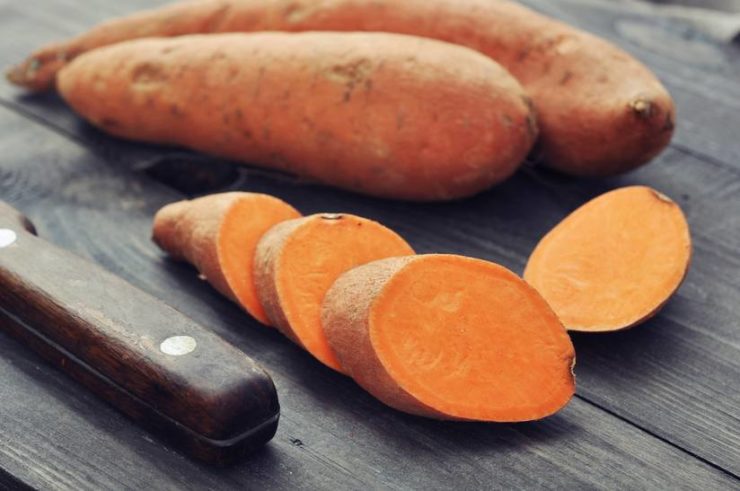
Diane Scavuzzo: What are the right kinds of carbohydrates?
Amy Dirks: Well the right kind are the complex carbohydrates that provide you with more nutrients, vitamins, minerals, and fiber.
They’re not stripped of all their good stuff. These carbs don’t break down super fast into sugar.
For example, sweet potatoes are a great option and so is Quinoa. Basically all of your green vegetables, such as zucchini, squash, beans, and lentils as well as peas and carrots. Those are really good starchy vegetables, and then you have your fruits.
Most good carbohydrates are fruits and vegetables first. Fueling with the appropriate carbs makes a huge difference.
READ: AMY DIRKS Nutrition Corner – Soup Weather
Diane Scavuzzo: Many people think eating spaghetti and meatballs or pasta with chicken are great options for fueling before a youth soccer tournament. What do you think is best to eat the night before an important soccer match or tournament?
Amy Dirks: There are so many wonderful choices today. There are so many alternatives to pasta, you could also try zucchini noodles or spaghetti squash instead and still have your meatballs and your marinara, or a pesto type sauce, which is a really healthy sauce. Then you have your broccoli, asparagus, or salad on the side. Chicken stir fry is also a great pre-game meal.
The night before the game, you also might want to throw in a little fruit in the meal as well, perhaps as the desert.
Diane Scavuzzo: Any additional advice for pregame meals?
Amy Dirks: Yes, make sure you always add some sort of fat to the meal.
If you have a salad, the salad dressing could be the fat. You could have avocado on your salad. If you have pesto, then it has plenty of olive oil in it and that can be your fat.
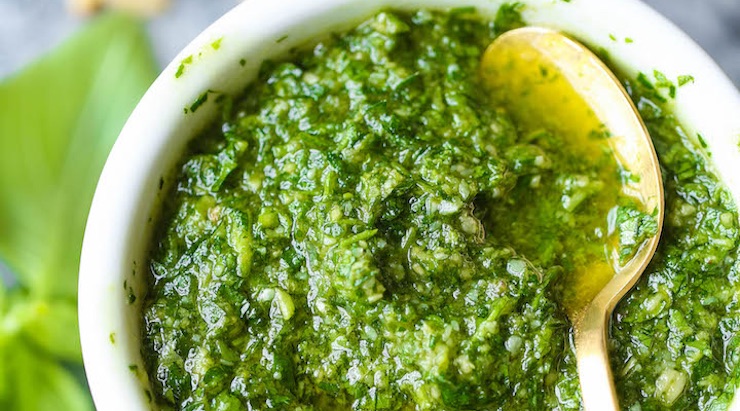 Diane Scavuzzo: Eating fat?
Diane Scavuzzo: Eating fat?
Amy Dirks: Yes — healthy fats — and I do feel like soccer players especially are scared of eating fat because for the longest time we heard fat makes you fat.
It has been a huge challenge to convince top athletes that they need to eat healthy fats — It’s a very dense source of energy.
That’s where education on nutrition comes in — because, honestly, a steak will sit in your stomach for a really long time. Even a wonderful, delicious grass-fed steak is hard to digest. Athletes need to understand they don’t want to eat heavy fats, like a cream-based sauce because that is not the kind of fat that’s going to help fuel them. Actually, that type of fat will slow you down.
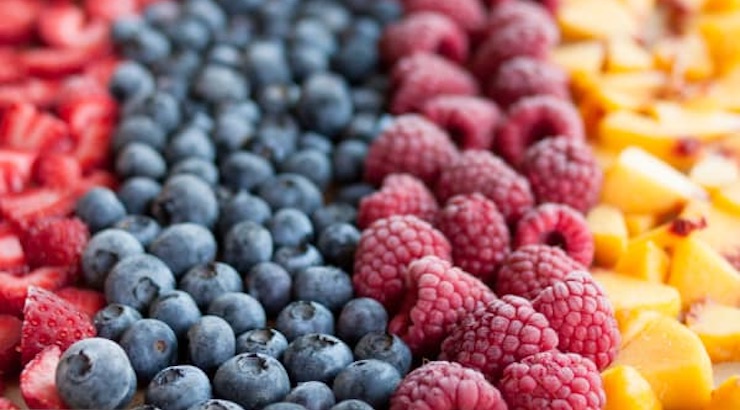
Diane Scavuzzo: You have a very modern, different approach than a lot of nutritionists, it is very honest, practical and highly informed. How would you describe the difference?
Amy Dirks: I used to tell the professional players that I am a hippie dietitian because I believe in doing things as naturally as possible. For example, if it’s a granola bar a player wants to eat, let’s figure out a way to make it or find one with minimal ingredients.
The question I always ask is, “Nutrition is always changing and evolving – so why haven’t we changed our recommendations?”
The modern approach to nutrition is going back to our ancient ways of cooking and eating.
The whole functional medicine, integrative medicine, is definitely gaining popularity, with its holistic approach.
I believe in a whole food, real food, whole body — food is medicine approach. I’ve always believed you are what you eat, or more correctly, you are what you can digest and absorb. We have just emerged from the convenience era over the past 20 years with all its processed foods and eating in the car.
I take a more integrative approach. And, I’m realistic.
Diane Scavuzzo: When working with professional soccer players, what has been the most challenging?
Amy Dirks: Superstitions in sports is a big thing and can be a challenge.
Diane Scavuzzo: You mean someone wants to have a candy bar before a game because it’s always brought them luck?
Amy Dirks: Right, or ice cream every single night!
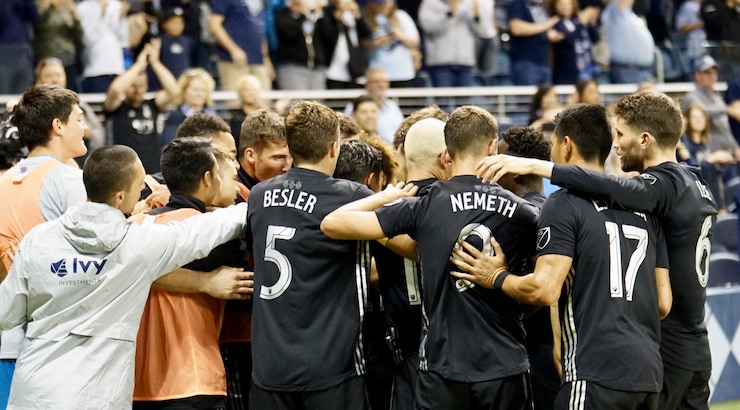
Diane Scavuzzo: What is the most important meal?
Amy Dirks: That is a hard question to answer. Breakfast foods tend to be very high in sugar. It’s pancakes, waffles, muffins, breads and things like that. Then lots of players like juices. They tend to overdo it with the sugar at breakfast time.
Some skip it altogether because they either sleep in or they don’t want to have anything in their stomach before they practice, but a healthy and nutritious breakfast of eggs with spinach or kale, and maybe a little ham or turkey sausage with a piece of fruit is a good menu for a soccer player’s breakfast.

Diane Scavuzzo: How old were you when you started to get involved in studying nutrition?
Amy Dirks: I was always an athlete and I can remember as a young girl asking my mom to buy me separate groceries that were healthier or “fat-free” (when that craze was in full bloom) because although I didn’t know much about the science of nutrition, I knew there had to be a better way to eat.
When I got a D1 volleyball scholarship to Arkansas State, they did not have a nutrition program so I went in as pre-med. I moved into exercise science and became a personal trainer, and was always asked the question, ”Well what should I eat?”
I was yearning for more and went back to school to earn my dietetics degree and focused on nutrition.
Diane Scavuzzo: What do you love best about what you do?
Amy Dirks: I loved making a difference in the lives of athletes and helping them be their best.
THIS WEBSITE IS NOT INTENDED FOR THE PURPOSE OF PROVIDING MEDICAL ADVICE
The information contained in this website is not intended to recommend the self-management of health problems or wellness. Should any reader have any health care questions, promptly call or consult your physician or healthcare provider. Always consult first with a physician or healthcare provider before making any changes to your diet.
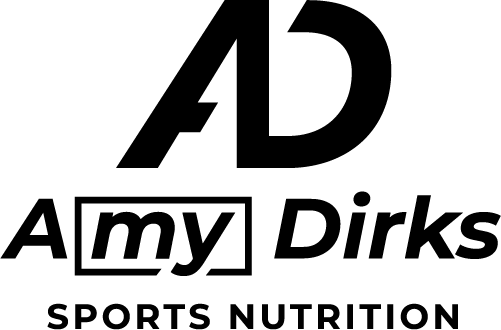
Want to reach Amy Dirks? Email at Amy@SoccerToday.com for more information or visit her website Amy Dirks Sports Nutrition.

